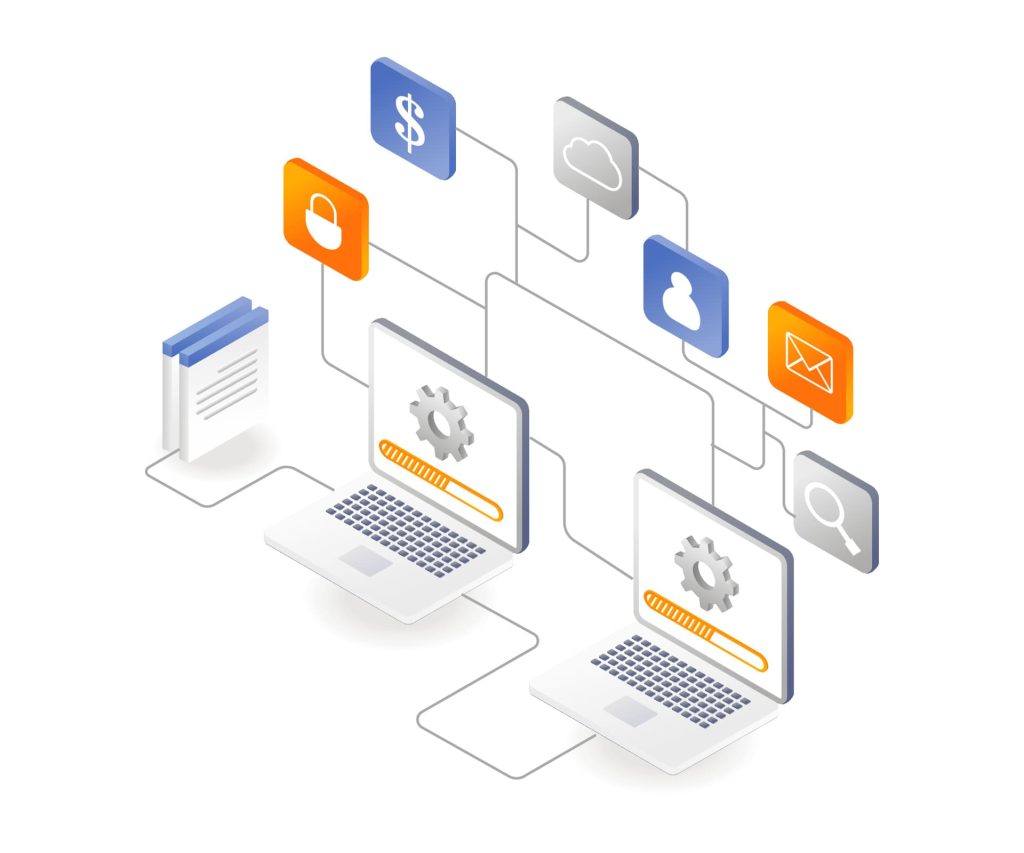Why do you need web analytics? With its help, companies determine the target audience, its features and the relevance of the sales offer in principle. But this is not all. Analytics systems help businesses make decisions based on specific performance metrics. In simple words, to measure and evaluate the efforts invested in online advertising.
The modern influence of web analytics on business lies in the fact that the company selects those methods of content distribution that will give the maximum result. And this is vital for a company in a highly competitive environment. It is also worth collecting readings from online resources for those who run part of the campaigns offline, as online marketing can complement them profitably.
Introduction to web analytics: what it is and why
The standard definition of the term, what is web analytics, looks like this: Web Analytics, or Internet analytics, is a system for collecting and analyzing data from various virtual platforms where a company is represented.
What website analytics specialists do together with marketers:
- study and implement new loyalty programs and trade offers to increase conversion and improve the position of the product in the market
- create advertising creatives and messages that will receive a positive response from the target audience
- analyze the results of marketing activities, optimize them and the advertising budget
As a result, site performance analytics not only attracts leads, increases conversion, but also helps to distribute funds only to effective promotion channels.
In internet marketing, the goals of web analytics can be divided into company business goals and user experience improvement. These two categories of goals are closely related. Internet resource owners strive to ensure that visitors buy from them and at the same time get a positive experience that strengthens their trust in a company or store. After all, a loyal user for business is the main driving force of entrepreneurial business. It turns out that web analytics is such a systematic development that includes the collection, analysis of data and the implementation of working promotion methods into a permanent set of advertising activities.
When evaluating the usability and effectiveness of a site, web analytics methods allow you to refine the parameters that are important for business. For example, what categories of goods or services should be focused on in order to stimulate even more customer interest and achieve regular communication with consumers – potential or already real.
Web analytics relies on these methods:
- analysis of site traffic: statistics, trends, indicators in absolute terms or relative to others
- analysis of e-commerce data: average bill, best-selling services or products, income by traffic acquisition channels
- studying the convenience of the site: click density, conversion paths of users on the resource, scrolling
- analysis of user behavior on the pages of the site: how they interact with forms, make micro- and macro-conversions
- benchmarking: comparison with general trends and with competitors’ trends
- end-to-end analytics: tracking the full path of the visitor from clicking on an ad to making a purchase
- collecting cookies: comparing activity with the user’s personal information on other services where he left it
Web analytics and website promotion are also closely related. Marketing research on the Internet is needed to identify the most effective advertising campaigns, remove idle promotion channels and correctly redistribute the budget. Such an analysis gives an understanding of how advertising actually works, what it brings and what the company needs.

Benefits of web analytics
What benefits will website analytics bring to a business? For example, a well-designed process can help solve the following problems:
- determine the likelihood that an existing customer will make a repeat purchase
- personalize the site for regular customers
- conduct research to track profits from specific user groups
- identify regions that attract the most or least customers
- determine the products that are most in demand
The main thing that web analytics gives a business and its main indicators is an understanding of the channels for promoting products and the audience that is most likely to buy them. Web analytics allows you to improve the ratio of income items to advertising expenses, to identify the pros and cons of the existing marketing strategy.
Website analytics is vital for every website, especially when Google releases new updates to make sure you’re following the right metrics at the right time. Investing in website analytics can pinpoint the factors responsible for declining traffic and low sales. It can highlight traffic and conversion trends for your site, as well as tell you exactly what changes your site might need to improve its performance.
Conclusion
By analyzing web analytics data, companies can gain a deeper understanding of their audience and the effectiveness of their online marketing efforts. For example, they can determine which pages or content attract the most visitors, which traffic sources drive the most conversions, and which user segments are most active.
This information can be used to develop site design and content strategies, allowing companies to create a more user-friendly and engaging experience for visitors. In addition, website analytics allows you to identify areas for improvement, such as high return rates or low conversion rates, so that businesses can make the necessary adjustments to their websites and marketing campaigns.

VPS Windows
VPS Windows KVM Virtualization



